
Research has found a higher rate of female physician suicide. One of the investigators shares more details.

Research has found a higher rate of female physician suicide. One of the investigators shares more details.

"All morning I did the work I love. At noon I lay down with my mate. It might have been otherwise."

What are the psychological implications of Passover?

Different medications for different domains: new treatments are changing the way schizophrenia is managed.

Here's what patients should know about Cobenfy for the treatment of schizophrenia.

Without the scaffolding of the REMS requirement for clozapine, how can you best utilize this treatment?

How can you best transition patients to Cobenfy if they are already taking an antipsychotic medication?

"$240. 47-year-old insurance salesman, depressed, alcoholic came in eight times, once with his wife."

Psychiatrists and nutritionists can work together to generate better outcomes for patients.
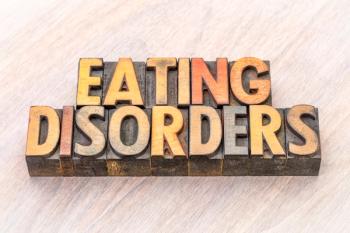
Addressing complex eating disorders can be difficult. Here are a few things to ease the process.

Advocacy may put us at odds with others, but we must prioritize good ethics for our patients. It's time to think outside the box.

Here are the conversations you should be having with patients about food and diet.

Explore the impact of nutrition on patients with cognitive issues in psychiatry.
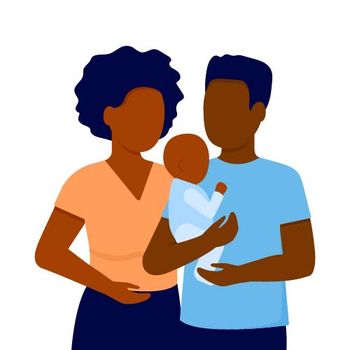
In his brand new video series, Frank A. Clark, MD, sits down with an expert to discuss parental leave and how it relates to psychiatry.

"Doctors in their lonely rounds, Poets with their sacred sounds, Human kindness that abounds shout, nothing stops the spring."

How does John Kane, MD, address issues of cognition in schizophrenia?

How can psychiatry avoid foolishness and be more like Shakespeare's fools?

SPG302, a regenerative treatment for schizophrenia, could reset the clock on the brain.
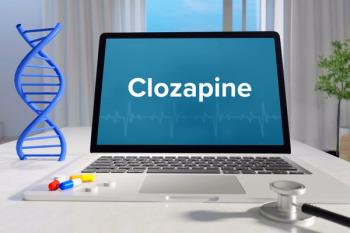
John Kane, MD, believes the removal of the REMS requirement for clozapine could help improve utilization for this "grossly underutilized" drug.

Treatments that target negative and cognitive symptoms of schizophrenia could put patients in better control of their life.

John Kane, MD, shares why you should be paying attention to LB-102 for the treatment of schizophrenia.

A schizophrenia research expert weighs in on the recent announcement concerning SPG302 for the treatment of individuals with schizophrenia.
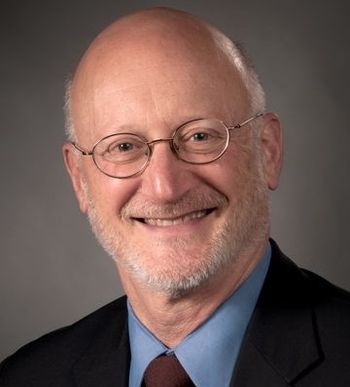
In this exclusive interview with Psychiatric Times, John Kane, MD, shares more on the new positive data on LB-102 for the treatment of acutely exacerbated schizophrenia.
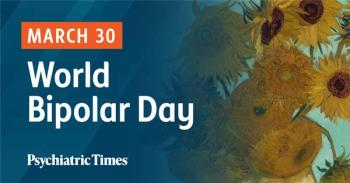
In honor of World Bipolar Day, our Mood Disorders Section Editor shares his favorite clinical pearls for treating bipolar disorder.

"Was this what Rome felt like toward the end? When the colosseums filled with gladiators stirred the masses into a frenzy."

Get ready for our new video series, "Psyched Perspectives"!

After 40 years, Psychiatric Times is still your go-to resource for all things psychiatry. Just ask our Mood Disorders Section Editor.

How can we prevent the transmission of intergenerational trauma, which persists?

While the removal of the REMS requirement can be liberating, appropriate monitoring for patients with schizophrenia is still of the utmost importance.

Our Mood Disorders Section Editor shares what treatments in the pipeline he is most excited about, including kappa opioid receptor antagonists.